There’s a new rule for members of Keir Starmer’s team on their WhatsApp group: no messages linking to opinion polls. It’s not because the Labour leader dislikes the figures. Labour polls consistently on about 45 per cent and the Tories on 25 per cent, which is landslide victory territory. The fear is that too much focus on such numbers will breed complacency.
Already a subscriber? Log in
Subscribe for just $2 a week
Try a month of The Spectator Australia absolutely free and without commitment. Not only that but – if you choose to continue – you’ll pay just $2 a week for your first year.
- Unlimited access to spectator.com.au and app
- The weekly edition on the Spectator Australia app
- Spectator podcasts and newsletters
- Full access to spectator.co.uk
Or
Unlock this article
You might disagree with half of it, but you’ll enjoy reading all of it. Try your first month for free, then just $2 a week for the remainder of your first year.


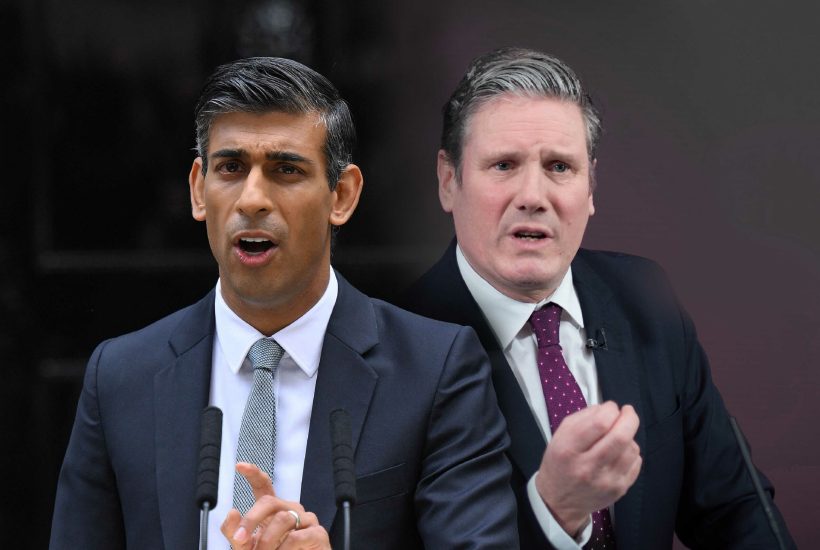
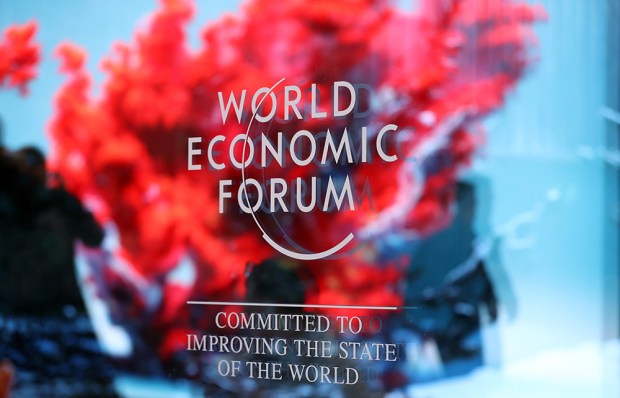
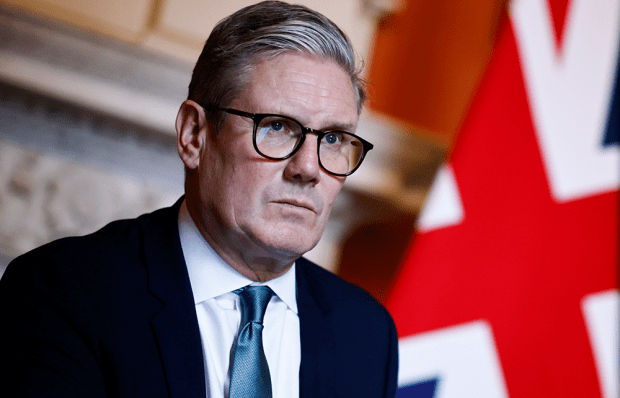
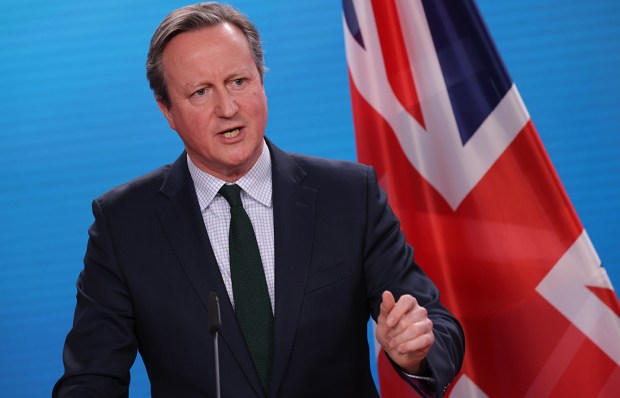
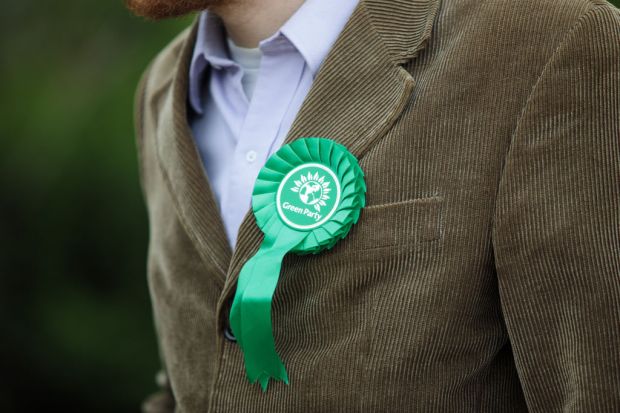
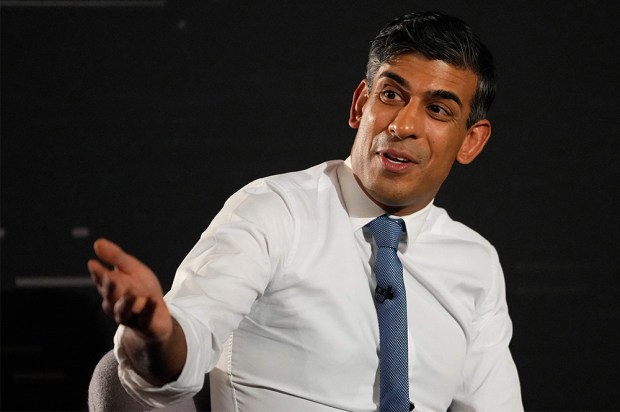
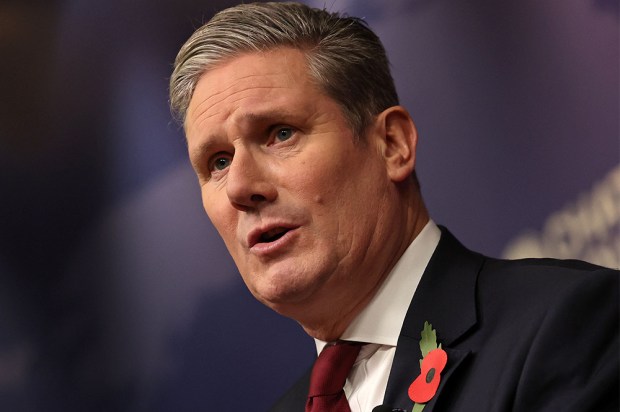






Comments
Don't miss out
Join the conversation with other Spectator Australia readers. Subscribe to leave a comment.
SUBSCRIBEAlready a subscriber? Log in